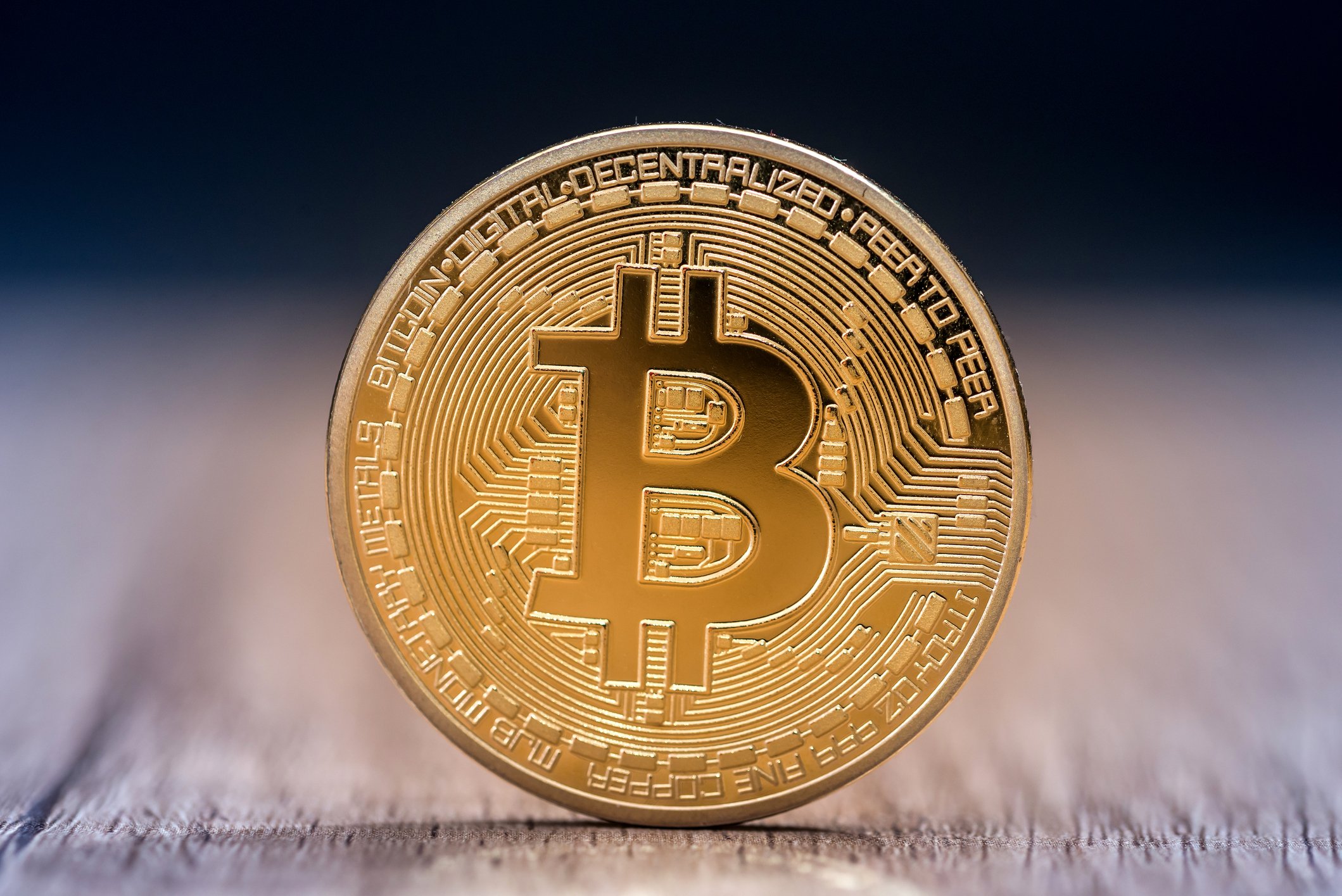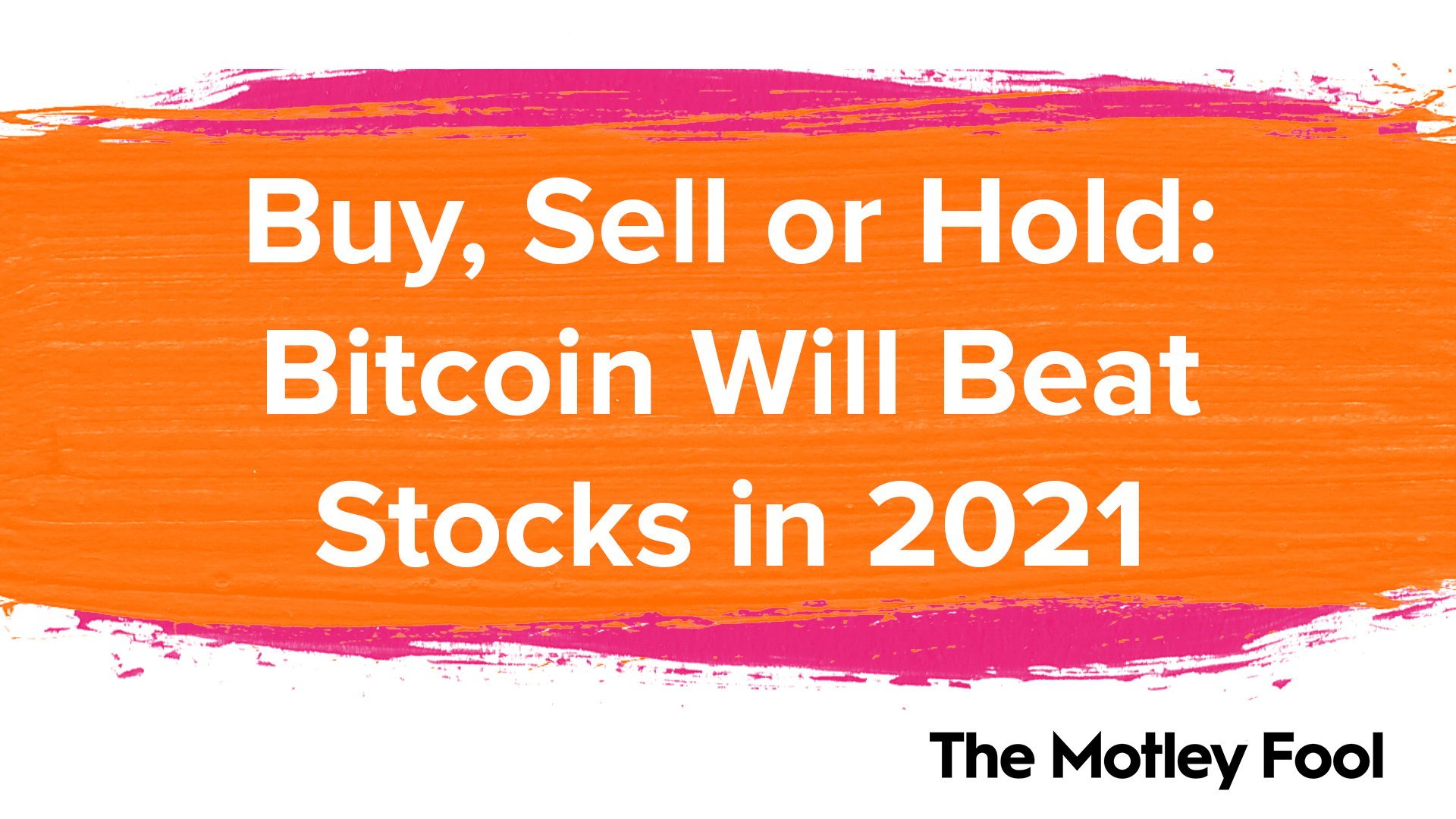The cryptocurrency market is looking for a firm regulatory framework. Governments around the world are trying to figure out whether bitcoin is a currency, a tradable commodity, a security on par with stocks and options, or a brand new asset class of its own. Once they figure that one out, they'll have to ask the same questions about Ethereum, Tether, Ripple, and Cardano, and the list of major cryptocurrencies only grows longer over time. Settling the thorny issues of legality, taxation, and trading rules will take time, adding to the uncertainty and volatility of the global crypto market.
President Biden is putting together a team of financial leaders that should clarify the tricky cryptocurrency market in a hurry. Three of Biden's top-level financial staff picks have a proven understanding of how blockchain and cryptocurrency assets actually work.

Image source: Getty Images.
The view from the top
Let's start with our next U.S. Treasury Secretary, Janet Yellen.
In last week's written testimony, given as part of Yellen's nomination process, she said that cryptocurrencies offer both benefits and challenges to the American financial system.
"I think it important we consider the benefits of cryptocurrencies and other digital assets, and the potential they have to improve the efficiency of the financial system," Yellen wrote. "At the same time, we know they can be used to finance terrorism, facilitate money laundering, and support malign activities that threaten U.S. national security interests and the integrity of the U.S. and international financial systems."
Many headlines focused on the terrorism issue, ignoring Yellen's more positive view of digital assets as a source of efficiency and innovation. She pledged to do a deep review of cryptocurrency markets in collaboration with many other banking and finance regulators, hoping to establish an effective set of rules that limits "malign and illegal activities" while supporting powerful fintech innovations based on blockchain technologies.
Yellen's views on bitcoin have been nuanced and sophisticated for a while. At the height of the last bitcoin peak in 2017, when Yellen served at the chair of the Federal Reserve, she said that she wasn't a fan of the cryptocurrency while also acknowledging that the crypto market was in need of a stable framework of regulations and monitoring.
In short, it looks like Yellen will do her level best to come up with a reasonable legal framework for bitcoin and friends, accepting inputs and ideas from many different stakeholders.
Biden's cryptocurrency experts
At least two of Biden's top-level financial leadership picks come with serious backgrounds in blockchain and cryptocurrency technologies.
Gary Gensler, who has been tapped to chair the Securities and Exchange Commission (SEC), is professor of the Practice of Global Economics and Management at MIT's Sloan School of Management. His research and teaching duties focus on financial technologies, blockchain technology, digital currencies, and public policy. That doesn't make him a single-minded cryptocurrency supporter. Gensler also has direct experience from the legislative angle, having assisted Senator Paul Sarbanes in the writing of the important Sarbanes-Oxley Act of 2002. Gensler provides a unique balance of cryptocurrency knowledge and traditional finance experience that should help Yellen build an equally balanced regulatory model.
Over the weekend, Biden reportedly selected Georgetown University law professor Chris Brummer for another high-level financial post. As chairman of the Commodity Futures Trading Commission (CFTC), Brummer will advise Yellen and also develop a regulatory approach to treating some cryptocurrencies as commodities. Brummer also teaches cryptocurrency classes and is often called by Congress and global regulators as an expert witness on digital currencies. He is another deeply informed expert on the legal and financial aspects of cryptocurrencies, and another valuable resource for crafting an effective ruleset.
The leadership lineup under Trump was a mixed bag when it comes to understanding the crypto markets.
- SEC ex-chairman Jay Clayton filed a lawsuit against the cross-border digital payments system Ripple on his last day of service, raising questions that would have made more sense five years ago and effectively halting Ripple's surging price growth.
- Former CFTC chairman Heath Tarber came with a stellar legal background and argued that the U.S. needs to remain a global leader in blockchain technology.
- Perhaps the largest change here comes at the very top, where former Treasury Secretary Steven Mnuchin drew heavy criticism from cryptocurrency insiders with his privacy-hostile regulatory proposals.

Image source: Getty Images.
What to expect from the new team
The new team brings stellar credentials to the table along with their stated support for reasonable cryptocurrency regulations. I don't know how quickly they can develop a stable rulebook for the long term, but they do seem well-equipped to get the job done. Come back in four years and I think you'll find that the questions of legal challenges and financial rules around bitcoin and other cryptocurrencies will have faded away. The new rules may not always favor the current players of the fintech market but regulatory stability will be good news for the market as a whole.
That should help investors in Grayscale Bitcoin Trust (GBTC 0.24%), MicroStrategy (MSTR +4.55%), and CleanSpark (CLSK 5.96%) sleep better at night, not to mention those of us who have picked up a few actual cryptocurrency tokens.
Again, I don't expect Yellen and her top-level peers to consistently rule in favor of lower regulatory hurdles and less friction, but I do expect them to establish a reasonable balance between money laundering fears and privacy, between efficiency and safety, between financial stability and potential growth. In the long run, that's what's best for the cryptocurrency market as a whole and every player with an interest in it.








